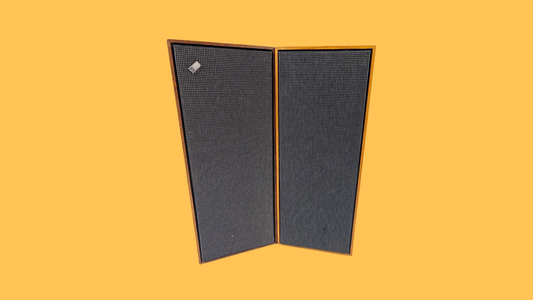
Tricky – Maxinquaye (1995)
By Rafi Mercer
Some albums arrive so quietly you almost miss them, and yet they change everything. Maxinquaye is one of those. Released in 1995, Tricky’s debut didn’t just expand what trip-hop could be — it shattered the edges of genre entirely. It was hip-hop stripped of swagger, soul music bathed in distortion, a kind of industrial lullaby that whispered instead of shouted. But to understand the record, you first have to understand its name, its cover, and the strange beauty of the world it built.
The title, Maxinquaye, is a word Tricky made up. It’s a memorial — named after his mother, Maxine Quaye, who died when he was four. She was a poet, a dreamer, a ghost that lingered in his imagination, and the album became both tribute and séance. It’s less a record about loss than a record haunted by it. Every note carries the sense of a voice you can’t quite reach anymore, and yet can’t stop hearing.
The album cover tells the same story in silence. A close-up portrait of Tricky’s partner and collaborator, Martina Topley-Bird, stares straight at you — confident, ethereal, and utterly human. For years, many assumed it was Tricky himself in makeup; the androgyny wasn’t accidental. He wanted to blur identity, to challenge how we look at masculinity, at self, at sound. The art says what the music does: nothing here is fixed. Gender, genre, and even grief move in and out of focus.
And the sound — it’s all smoke and pulse. “Overcome” opens the door with hushed menace: Martina’s voice floats through reverb as Tricky’s whispered confessions crawl beneath. “Hell Is Round the Corner” samples Isaac Hayes but slows it into molasses — a heartbeat of paranoia and seduction. “Ponderosa” feels like a fever dream; “Aftermath” is the morning after. Every track lives between dream and decay.
The genius of Maxinquaye is how it listens to itself. Nothing feels produced in the conventional sense; it feels assembled from atmosphere. You hear space, hiss, imperfection — and within it, intimacy. Through a good sound system, the record reveals its layers: bass like fog, high-end percussive detail flickering like sparks, vocals that hover just below the surface. It’s not a record to play loud. It’s one to let breathe.
The collaboration with Martina Topley-Bird defines the album’s temperature. Her voice carries both innocence and knowledge — neither lead nor backing, but equal partner. The two sound like they’re whispering secrets only they can hear, leaving the listener eavesdropping on emotion itself. It’s rare chemistry: tension and tenderness in perfect balance.
Tricky came from Bristol’s fertile scene — the same ecosystem that birthed Massive Attack and Portishead — but where they offered cinematic grandeur, he offered claustrophobic intimacy. His beats felt dirty, human, imperfect, stitched from memory. You can almost hear the rooms he made them in.
Even now, Maxinquaye feels alive in a way most modern production doesn’t. It breathes. The silence between sounds is as loaded as the music itself. On a well-tuned system, you can hear the ghosts in the mix — the faint tape bleed, the edges of Martina’s breath, the echo of Tricky’s world before fame found him.
It’s not an easy album, but that’s the point. It refuses to entertain; it invites reflection. You can dance to it, sure, but you’ll find yourself thinking more than moving. It’s a listening album in disguise — dark, sensual, meditative.
The title track never appears, but the concept runs through it: Maxinquaye is about returning to the source. About sound as memory, voice as inheritance, and the act of listening as mourning turned to creation. Tricky wasn’t just making beats; he was rebuilding the past out of fragments.
When it ends, there’s a strange silence — one that feels both heavy and healing. You realise that what you’ve heard isn’t just a record; it’s a reconciliation. Between mother and son, masculine and feminine, noise and quiet, hurt and art.
That’s why Maxinquaye endures. It’s a record that sounds like its own reflection — one man building an entire emotional language from what was left behind. Some albums move forward. This one moves inward. And if you let it, it changes how you listen.
Rafi Mercer writes about the spaces where music matters.
For more stories from Tracks & Tales, subscribe, or click here to read more














